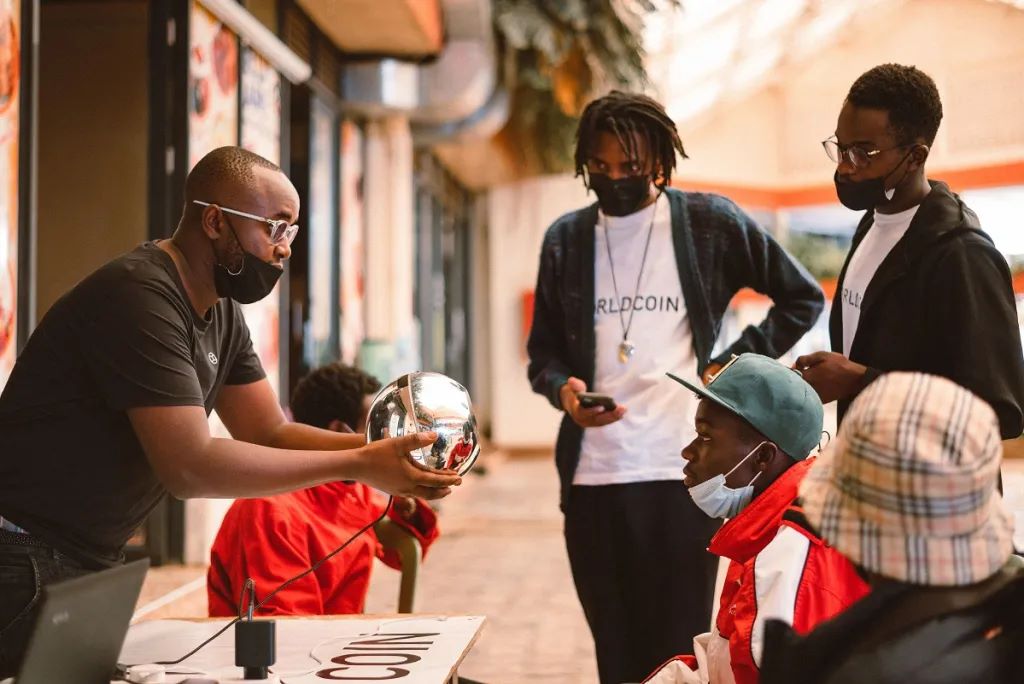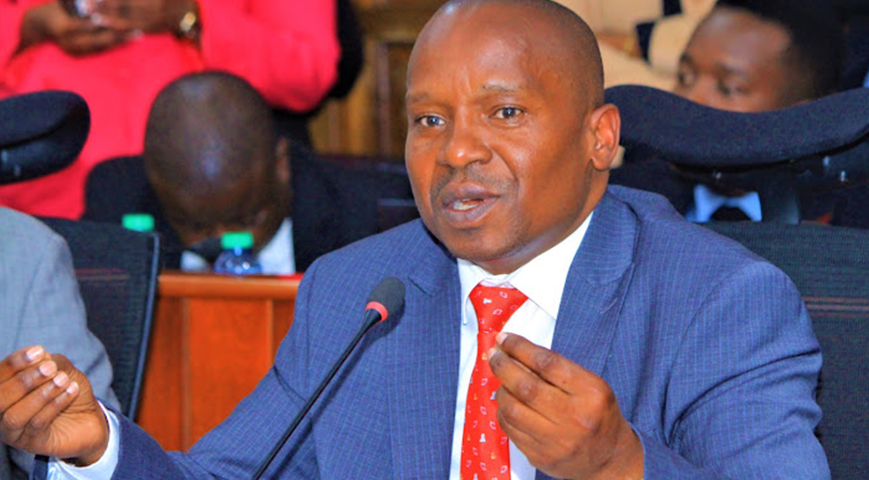Worldcoin, a cryptocurrency corporation, is not licensed to operate in Kenya, according to Interior Cabinet Secretary Kithure Kindiki.
On Thursday, he told Parliament that the company had just registered as a data controller as one of its compliance obligations under the Data Protection Act of 2019 and the Data Protection Registration of Data Controllers and Data Processors Regulation of 2021.
"An application for a certificate of registration only signifies that the entity has complied with sections 18 and 19 of the Act and does not endorse an entity's compliance with the Data Protection Act or its subsidiary regulations, nor is it a valid license for organizations to operate in Kenya or authorize the operations of an entity," the CS explained.
He stated that the certificate simply indicates that the firm is known to the Office of the Data Protection Commissioner for processing the personal data of Kenyans.

Did you read this?
"Further, it does not amount to certification of an entity's processing activities or serve as an endorsement from this Office of an entity's compliance with other provisions of the Act or any other laws," Kindiki explained.
He was responding to issues Manyatta MP John Mukunji posed, including who permitted and authorized Worldcoin's gathering of biometric data and whether the proper protocol was followed.
The CS had been summoned before the Senate Committee on National Security, Defence, and Foreign Relations to respond to petitions.
Kindiki said Worldcoin was issued the registration certificate on April 18, 2023, after it provided the requisite documentation for the Data Protection Registration Regulations.
He stated that the company is under investigation and that a multi-agency team comprised of security, financial services, and data protection agencies is trying to determine the legality of its actions as well as the safety and protection of data that has already been gathered.

Kindiki banned Worldcoin activity in Kenya on Wednesday, although an estimated 350,000 Kenyans had signed up since registration began on Monday.
The procedure entailed scanning their irises to determine their unique human identification in exchange for Bitcoin tokens worth around Sh7,000.









